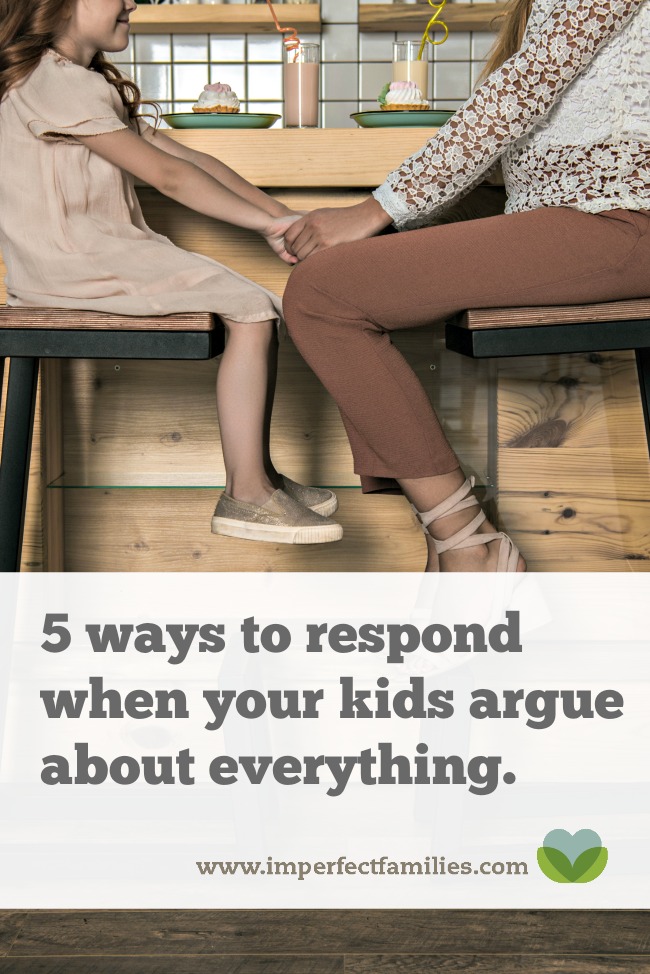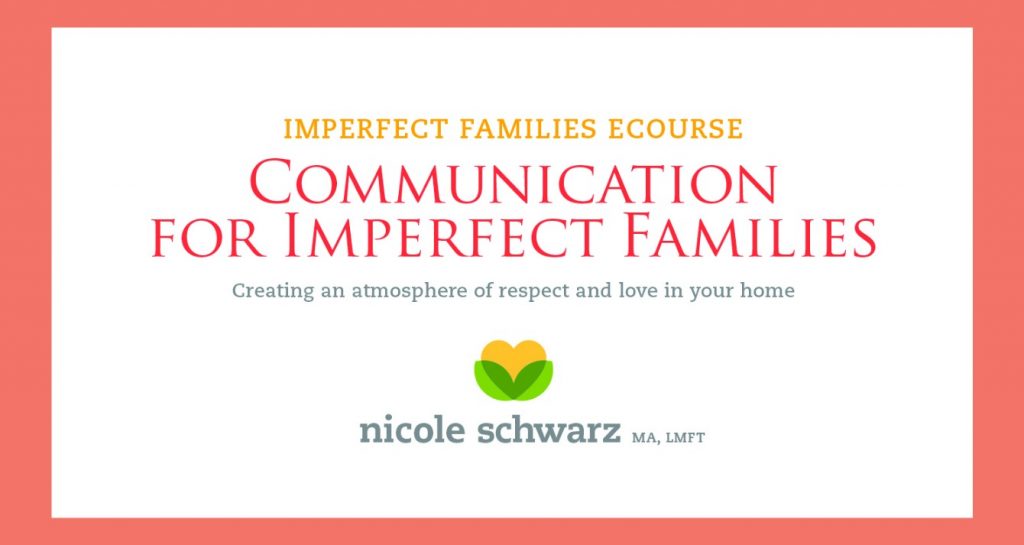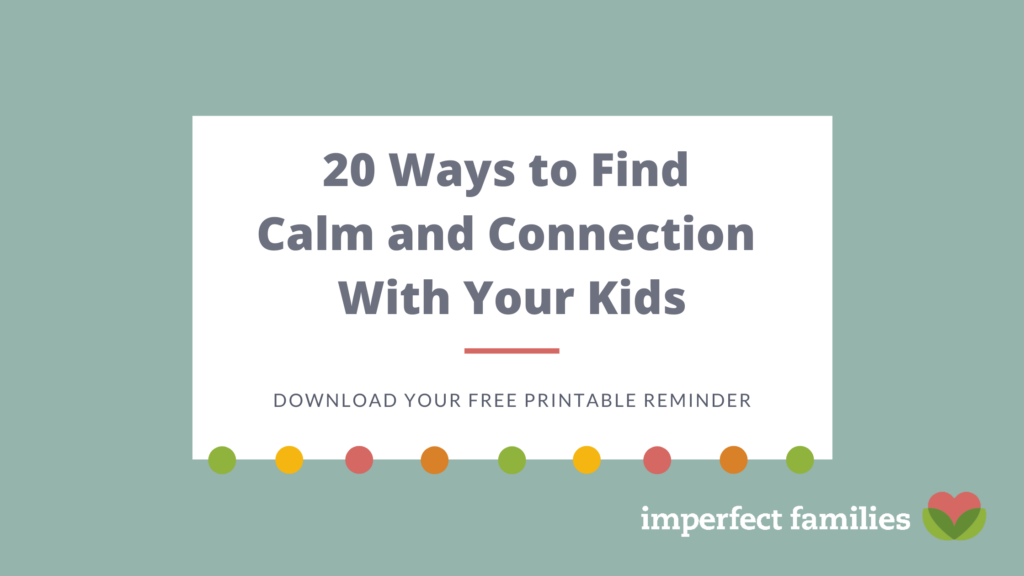The daily battles and the power struggles are getting old. Why can’t you just ask them to do something without hearing complaints and groans? Learn how to deal with an argumentative child using positive, respectful strategies that will bring peace back to home.

“Please hang up your backpack” seems like such a simple request. Most days, it would happen without much of a fight.
Today is not one of those days.
This seemingly innocent phrase becomes just another thing on the long list of things your child refuses to do.
Igniting yet another argument. Another screaming match. Another power struggle.
You’re exhausted.
How do you stop this cycle?
5 ways to respond to an argumentative child:
- Stop being right: The best way to end a power struggle is by stepping aside. Remove yourself from the argument. Let go of the notion that you must have the last word. Your child is entitled to their thoughts and feelings. It doesn’t make your thoughts and feelings any less valid. It’s OK to disagree. Instead of forcing your child to bend to your will, take a deep breath. Do what you need to do to calm down. Give yourself permission to put the conversation on hold until you are in a better position to listen and interact without overreacting.
- Spend time together: Constant arguments may be a sign that your child is feeling disconnected from you. When kids feel connected to their caregivers, there is less desire to engage in a battle. Rather than continuing to push each other away, determine a way to come together. For some kids, this may mean playing a board game, throwing a ball, getting ice cream, or taking a walk. This is not a “reward for bad behavior” it’s taking responsibility to rebuild a break in the relationship. If your child refuses, don’t push it, simply make sure they know you are ready to hang out when they are.
- Rethink priorities: Take an honest look at your “nice to nag ratio.” In ideal communication, the ratio means at least 5 positive interactions to every 1 negative. If arguments are prevalent, this ratio is probably way off. Increasing the positive interactions (or decreasing the negative) may mean letting go of a few things and only focusing on the most important requests. Maybe you decide to back off on the constant reminders, or offer help before it’s requested, or ignore sarcastic remarks and eye rolls. Expectations are good, but in this moment, restoring the relationship may be more important.
- Problem Solve: Open up the conversation with your child, “I’ve noticed we are fighting a lot lately. I don’t know about you, but I hate fighting. Do you have any suggestions to help us get along better?” Be willing to hear their perspective with an open mind. Empathize with their grievances (even if you disagree). And acknowledge your part (even if they don’t). Talk through specific challenges and create solutions that work for both of you. Then, hand off responsibility, agreeing to review the solution periodically.
- Address Underlying Concerns: If the increase in arguments seems sudden or out of the blue, it may be helpful to explore things that impact this change in behavior. An increase in stress, lack of sleep, friendship changes, challenging homework, learning difficulties, over-crowded activity calendar, and even maturity may lead to unsettled behavior in your child. You may have things impacting your behavior too! Stress, lack of sleep, work/life balance, busy schedules, messy kitchens…the list is endless. Now that you are aware, take steps to eliminate or decrease the impact of these things on your communication, your child’s mood, and your relationship.
Related: How to Respond When Your Child is Disrespectful
Restoring Peace
Taking a deep breath, you refuse to engage in the power struggle.
Hanging up the backpack is ideal, but not essential. Instead, you take a giant leap toward reconciliation saying, “Hey, I was thinking hot chocolate sounds good. Do you want some?”
While a warm drink may not solve everything, you interrupted the pattern. And in this moment, the focus is on the relationship, not the rules.
Exactly where the focus needs to be in order to bring peace back to your home.
Need more communication tips?
Click here to learn about the “Communication for Imperfect Families” e-course.




Comments have been turned off to retain the privacy of all families. If you have a question or comment on the topic, you're always welcome to contact me.